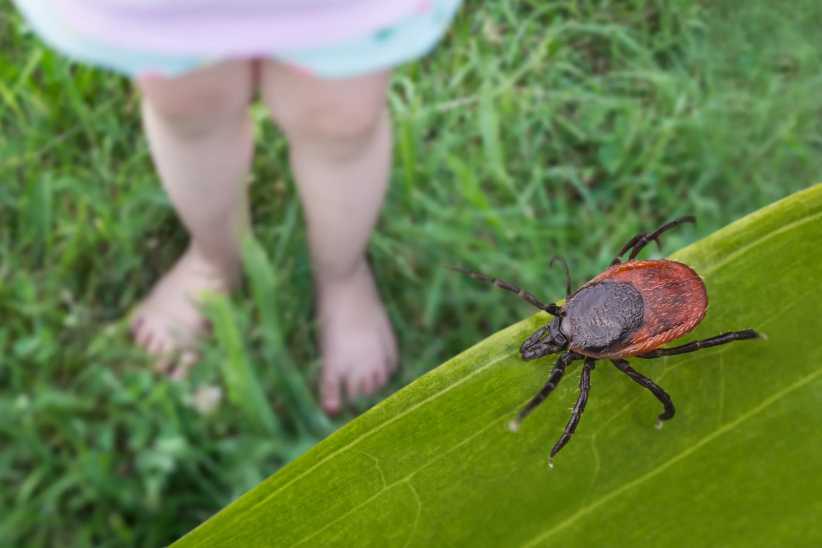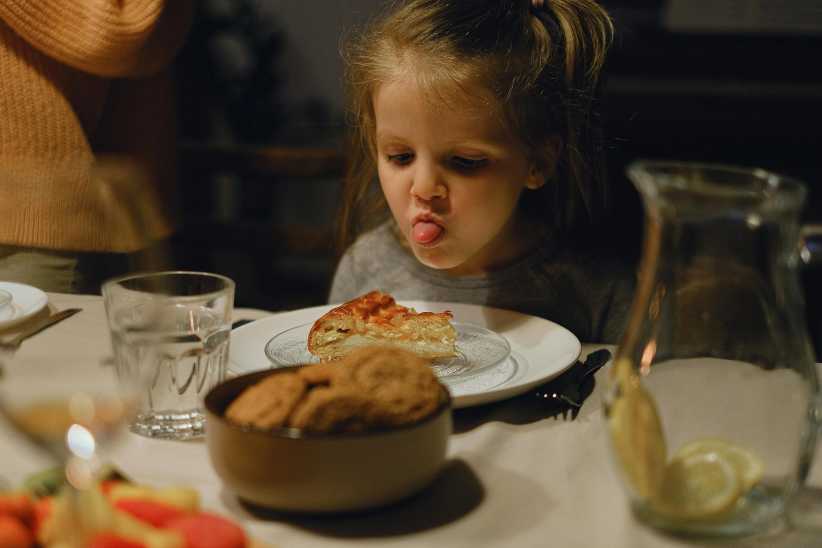The last thing you need during the holiday season is for someone in your family to experience an asthma or allergy episode. But mixed in with the mistletoe, miles of garland, and mounds of food, there lurk many hidden holiday triggers.
Whether you are concerned because someone in your family is among the 40 million children and adults who suffer from allergies and asthma, or you just want to make sure your home is safe for yuletide visitors, you can make your holidays enjoyable and symptom-free by following these tips from the American College of Allergy, Asthma, and Immunology.
• Opt for natural aromas. While pumpkin, gingerbread, and pine-scented candles and air fresheners can help create a cozy atmosphere, they can also be hazardous to some people. About one third of people with asthma report health problems from scented air fresheners, which contain volatile organic compounds.
Studies show that an exposure to these compounds that is even below accepted levels can increase the risk of asthma in children. Open the windows to air out the house, or let the scents from the oven provide natural aromas.
• Be selective when you deck your halls. Everyone loves a festive house, but hidden allergens can lurk in decorations. If you didn’t store your decorations in airtight containers, last year’s items may be moldy, dusty, and full of allergy-triggering dust mites. The tree can also be a problem; some people are allergic to terpene found in the sap of pine trees, or are bothered by the mold that lurks on the trees.
If asthma or allergies are an issue in your home, consider an artificial tree, wreaths, and garland — and store them carefully. Also, watch out for poinsettias, which are problematic for people with latex allergies, since the plant is part of the rubber tree family.
• Feast cautiously. Food allergens can show up in the strangest places — soy in mock caviar, peanuts in pie crust, shellfish in stuffing — so be cautious about what you put on your plate (or the plates of your guests) during the holidays. Even turkey can be risky. Allergens in stuffing can be absorbed into the meat, so try cooking your bird unstuffed. You also may want to stick to a natural turkey, which contains only turkey and water, since self-basting turkeys can contain soy, wheat, and dairy.
• Select gifts carefully. Exchanging gifts with allergic friends can be tricky. Nickel, a common cause of contact dermatitis, can be found in earrings, necklaces, and watches. Candy can include nuts or other allergens, and perfume and other items with strong scents can cause asthma episodes and rashes. Instead, play it safe with gifts such as clothes or books.
KiKi Bochi, an award-winning journalist, reads hundreds of reports monthly to bring readers the latest insights on family health and child development.























